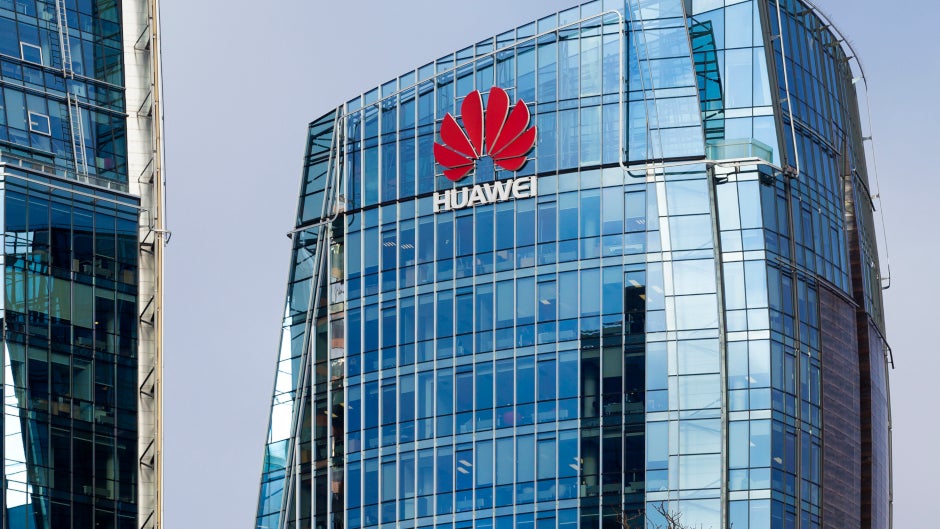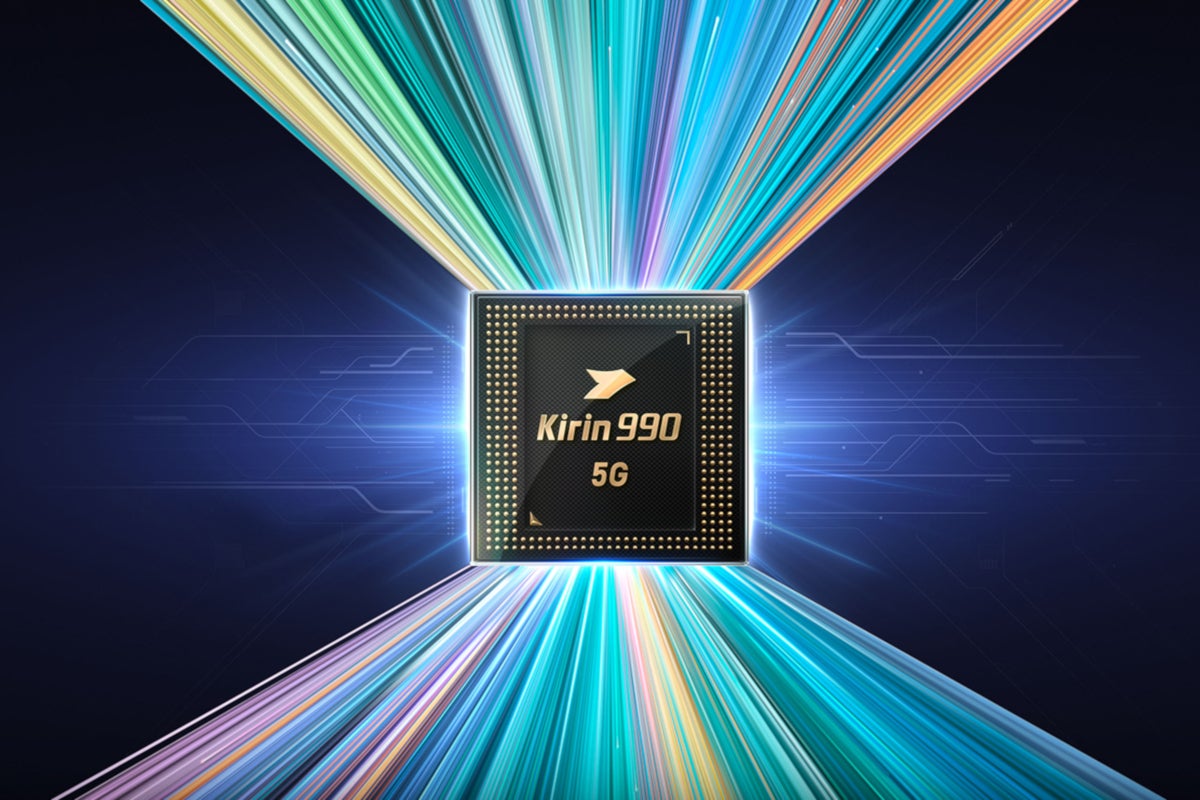Residual effect from latest crackdown on Huawei could backfire on Donald Trump

On Friday, the Trump Administration announced an export rule change that will have a negative impact on Huawei and its affiliates and subsidiaries. Under the new rule, the U.S. can ban any foundry that uses U.S.-sourced semiconductor making equipment from shipping chips to Huawei without a license issued by the Commerce Department. First of all, this will prevent the Chinese manufacturer from receiving its high-end chips produced by TSMC. The latter is supposed to deliver 5nm Kirin chipsets to Huawei later this year for the Mate 40 series due out in the fourth quarter of 2020.
TSMC could lose its second-largest customer thanks to the new U.S. export rule
We wonder just who is making these decisions in Washington because there are always residual effects that seem to slip past the attention of the Trump administration. For example, banning Huawei from its U.S. supply chain has devastated some U.S. tech firms; Huawei bought $18 billion of supplies from the states in 2018. And now, Huawei's ability to receive high-end chips is left up to Donald Trump to decide; this is a man who makes decisions based on who is being nice to him at any given moment in time. Remember, Trump went against the recommendations made by his advisors in 2018 and requested that the Commerce Department remove a ban that prevented ZTE from accessing its U.S. supply chain. Sound familiar? Trump reportedly needed China's President Xi's help on a financial matter and to help his daughter receive patents for various products (including voting machines) in the country. Trump no longer needs President Xi and is also angry at China because of the coronavirus.

Huawei's ability to have its high-end chips shipped is now in the hands of U.S. President Donald Trump
But the residual effect on TSMC from the new export rule is just stunning. Back in March, the Trump administration said that it wanted TSMC to build a factory in the states to churn out cutting-edge chips. Reportedly, Trump was pressuring TSMC to announce this before the November election since a new fabrication plant would help U.S. construction firms generate billions in infrastructure revenue and produce many new jobs. Last week, the Wall Street Journal reported that TSMC had decided to build a factory in the states that would start manufacturing 5nm chips by 2023. However, and this is the part that is so stunningly inept that it is hard to believe, by blocking TSMC from shipping chips to Huawei the Trump administration would be essentially preventing the foundry's second-largest customer from doing business with it. Last year, Huawei accounted for $5.2 billion of TSMC's revenue. The foundry says that without Huawei's business, it might not be able to afford to build a factory in the U.S. The Trump administration would be, in essence, hoisted by its own petard (Google it).
Reuters reports today that China's commerce ministry is not pleased with the U.S. government's latest move against Huawei. In a statement, the ministry demands that the U.S. stop what it calls are its "bad actions" and says that it will take all necessary measures to protect the rights and interests of Chinese companies. The ministry goes on to say, "The U.S. has utilized national power and used the so-called national security concern as an excuse, and abused export controls to continue to suppress some particular companies in other countries." The new rule went into effect on Friday although the U.S. is allowing wafers already in production to be shipped to Huawei as long as they arrive no later than 120 days from Friday.
The buzz around the water cooler is that China will retaliate against some U.S. companies including Apple, Cisco, and Qualcomm. 14.8% of Apple's fiscal second-quarter revenue came from sales in China and Qualcomm does a brisk business supplying chipsets and modem chips to phone manufacturers like Xiaomi, Vivo, and Oppo. Some Chinese manufacturers are believed to be developing their own chips to avoid the whims of the Trump administration. Huawei has been turning the production of its mid-range chipsets over to SMIC, China's largest foundry. SMIC uses all Chinese IP to produce integrated circuits which means that the U.S. might not be able to control the foundry's exports. For example, just the other day we told you that SMIC was manufacturing Huawei's new Kirin 710A mid-range SoC using its 14nm process node.
Follow us on Google News













Things that are NOT allowed:
To help keep our community safe and free from spam, we apply temporary limits to newly created accounts: